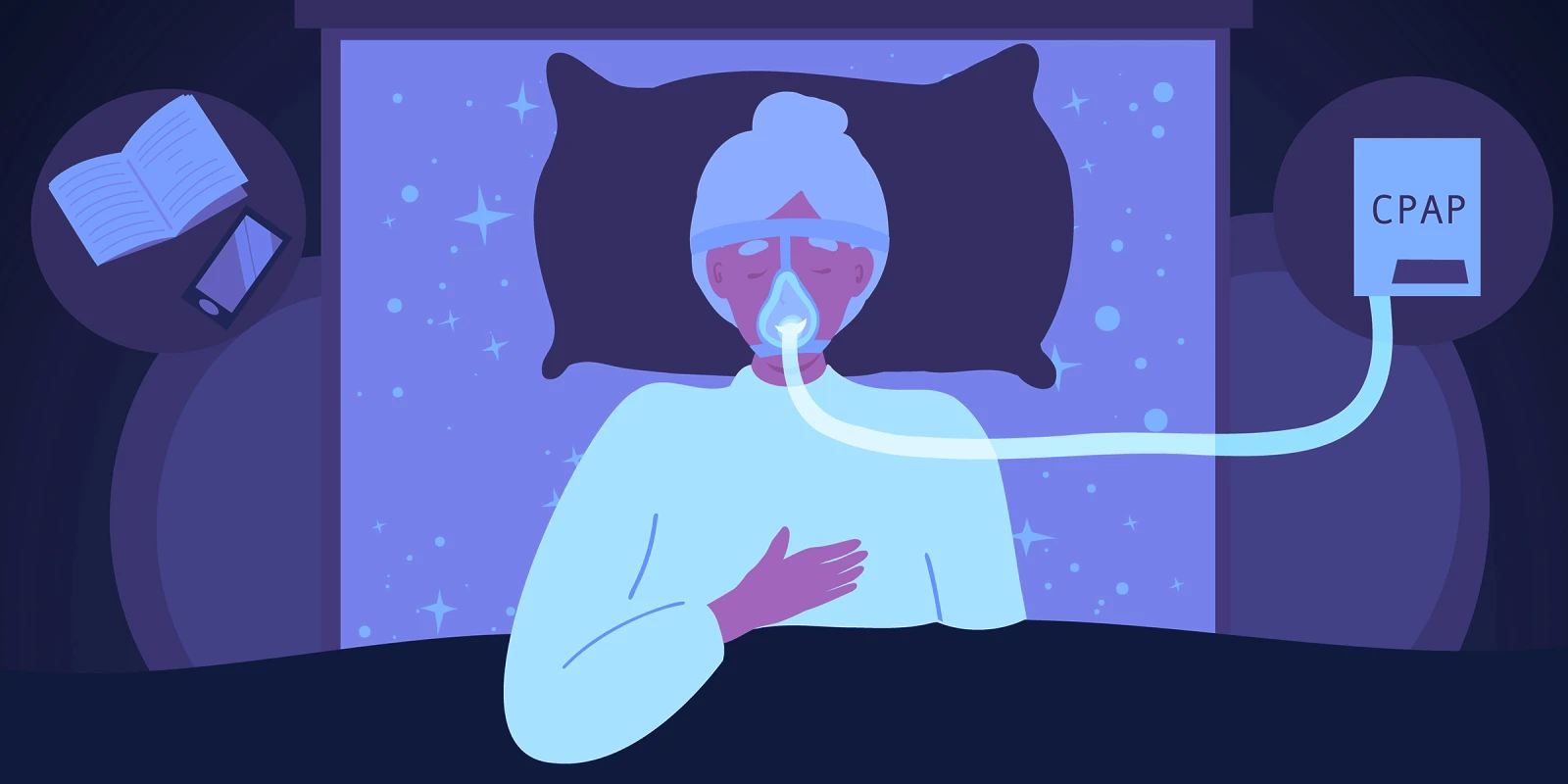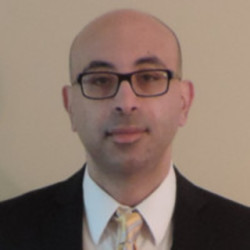The 38th annual meeting of the Associated Professional Sleep Societies, LLC (APSS) was held in Houston, Texas, from June 1-5, 2024. The meeting was a great opportunity to meet colleagues again in person from different areas across the country and internationally and to watch exciting sessions that brought all the experts in the field together. These sessions covered topics across all age groups and included topics related to narcolepsy as well as safety and quality considerations in Pediatric and Adult Sleep Labs and Advances in Clinical Sleep Medicine.
One of the interesting topics this year was the new possible oral therapy for sleep apnea that is under investigation and can be potentially used for patients with sleep apnea who can’t bear treatment options like CPAP. Apnimed, a clinical-stage company, is currently developing a medicine currently labeled as AD109, which is an investigational, first-in-class, oral medication that contains atomoxetine, a selective norepinephrine reuptake inhibitor, and aroxybutynin, a selective antimuscarinic. AD109 works by activating the upper airway dilator muscles and maintaining an open airway during sleep. The designation is supported by data from the phase II MARIPOSA study, which included adults with mild to moderate sleep apnea. The trial is currently in phase III, which is that phase that typically compares which group of patients has better survival rates or fewer side effects to a particular medicine or an intervention, but the findings so far from phase II of that trial, which is that phase that typically looks if a potential treatment works for a certain medical condition and how it works, showed clinically meaningful improvement in the sleep apnea for participants according to the data available so far from the study.
Another interesting topic was exploring new options for restless leg syndrome (RLS), like cannabis and neurostimulation. The effect of marijuana has been documented in many painful neurological conditions, and the potential benefits of cannabis use in patients with refractory RLS have been investigated in clinical trials. Noninvasive peroneal nerve stimulation has been reported to be another propitious alternative for refractory RLS. In general, providers should first try the first-line treatment options for restless leg syndrome, like iron, dopaminergic drugs, α2δ Ligands, and opioids. But, when patients develop side effects, or these options are not enough for the patients, then other options can be considered. The use of the other options, like cannabis for RLS, still needs to be regulated in the U.S.
These two topics were discussed in this year’s meeting and can potentially offer more options in the future for patients with sleep apnea and RLS. I am looking forward to the future evolution of these topics in the field.
Dr. Markous has no conflicts of interest to report.
Image by Iryna Shek / Getty







